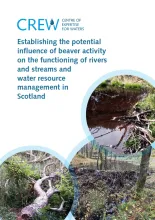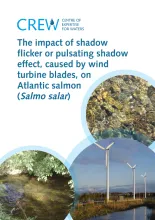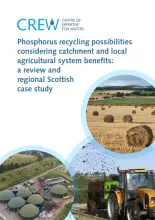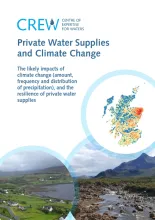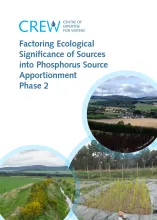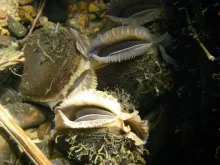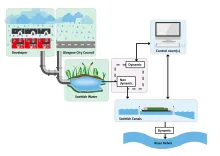Establishing the potential influence of beaver activity on the functioning of rivers and streams and water resource management in Scotland
Beavers are well known for their ability to transform the environment through dam building and other activities. This report provides an evidence review of the role of beavers in modifying physical processes, and the potential benefits they may bring for Scottish rivers, streams and water resources. It will inform the dialogue on the benefits and limitations of beaver expansion in Scotland, including where trade-offs are required.
